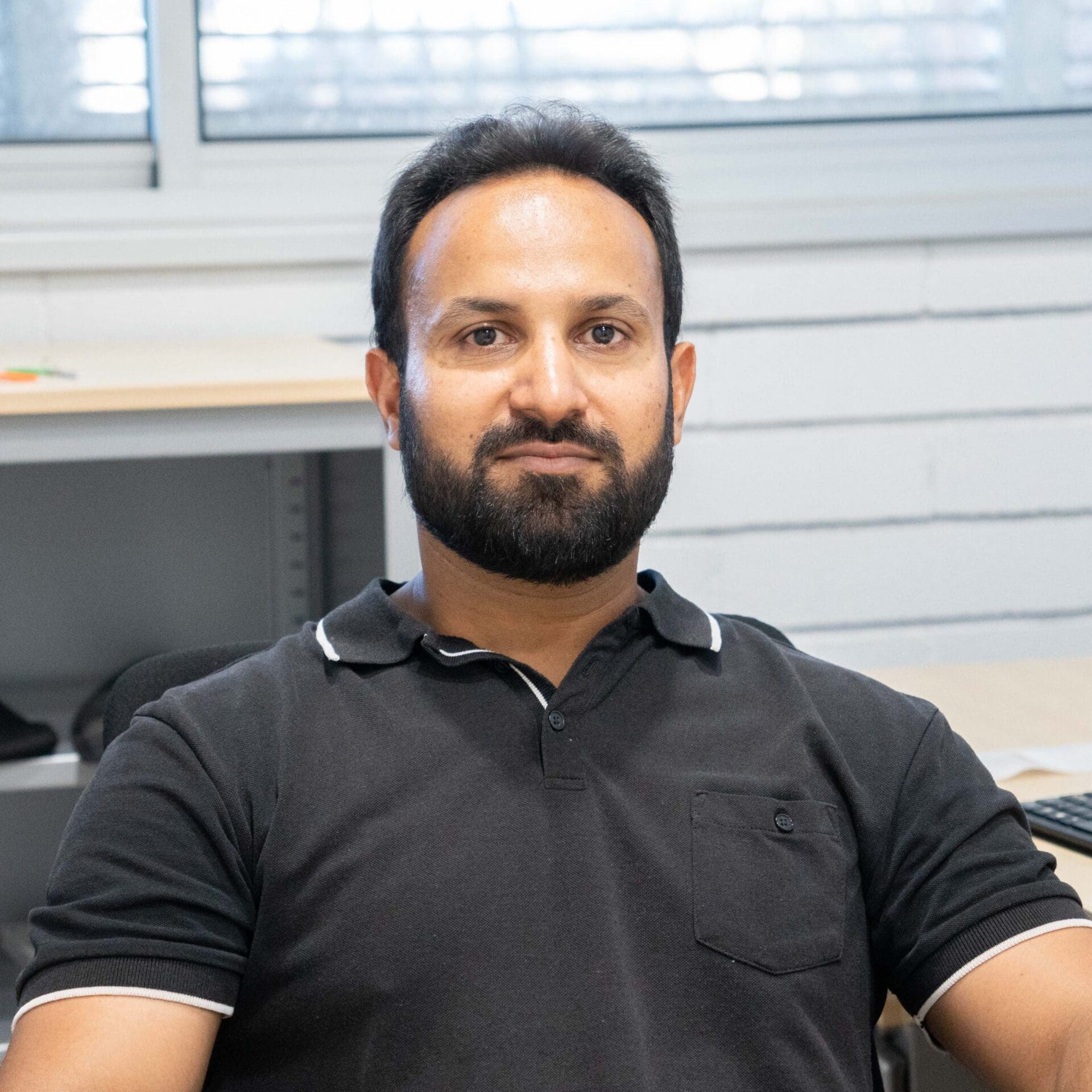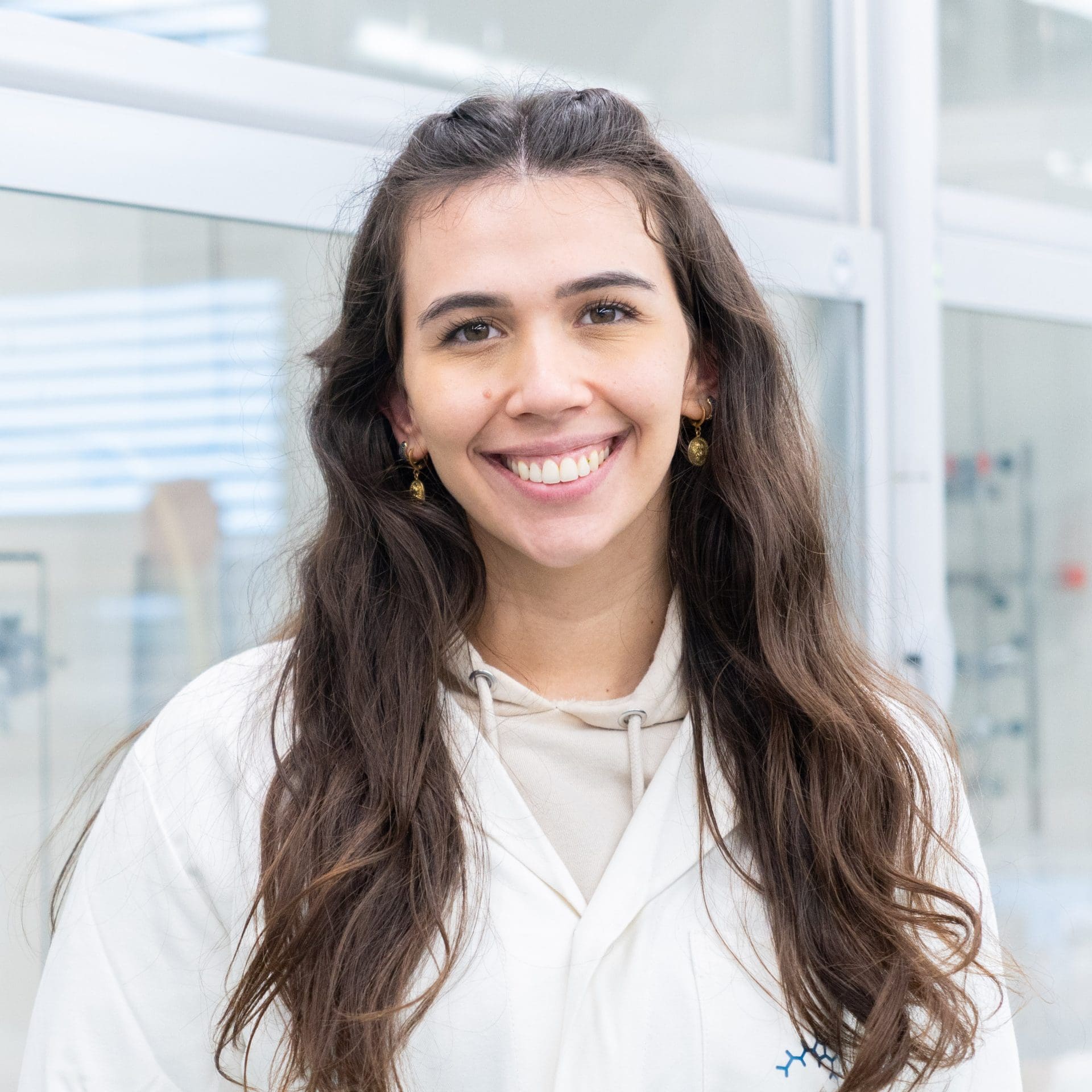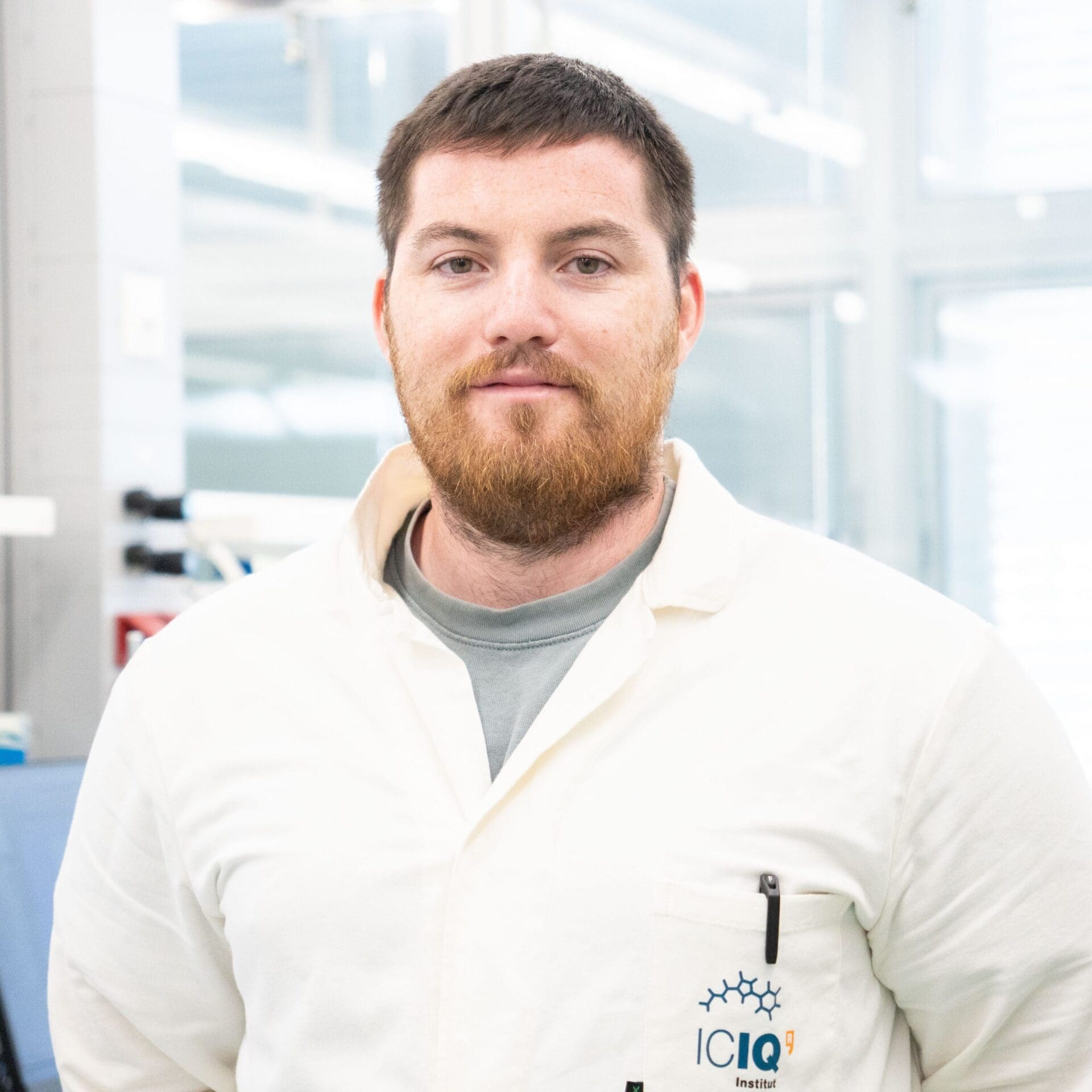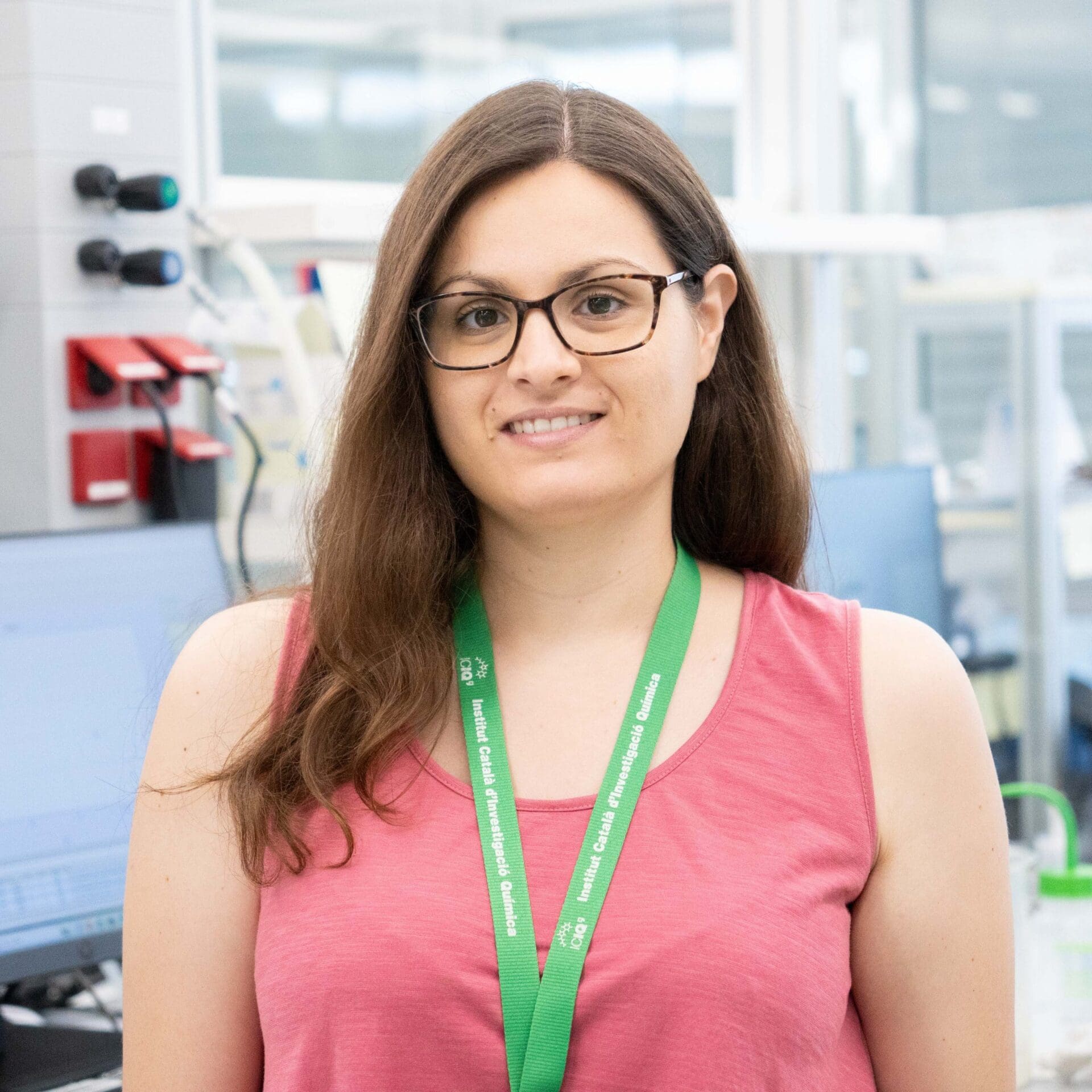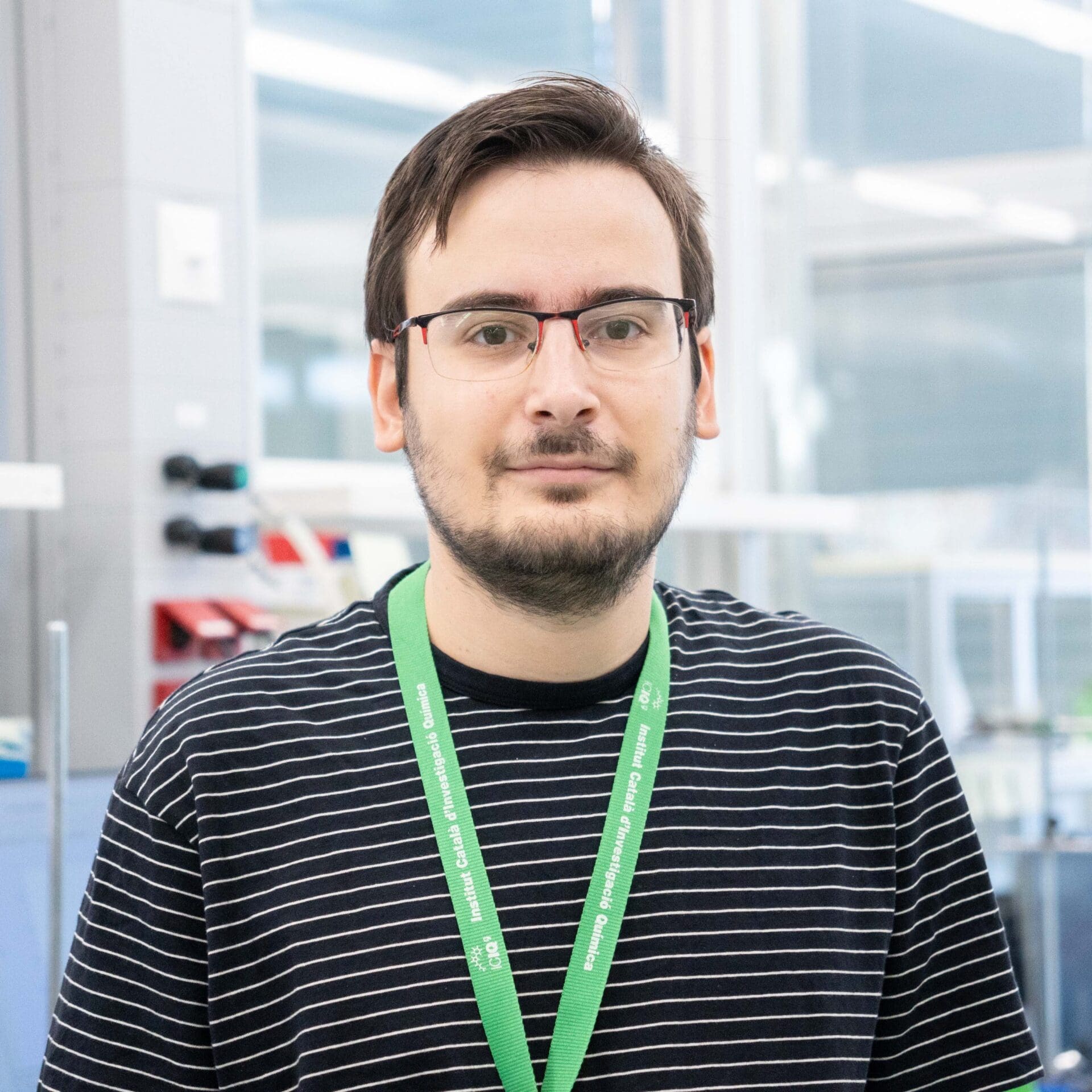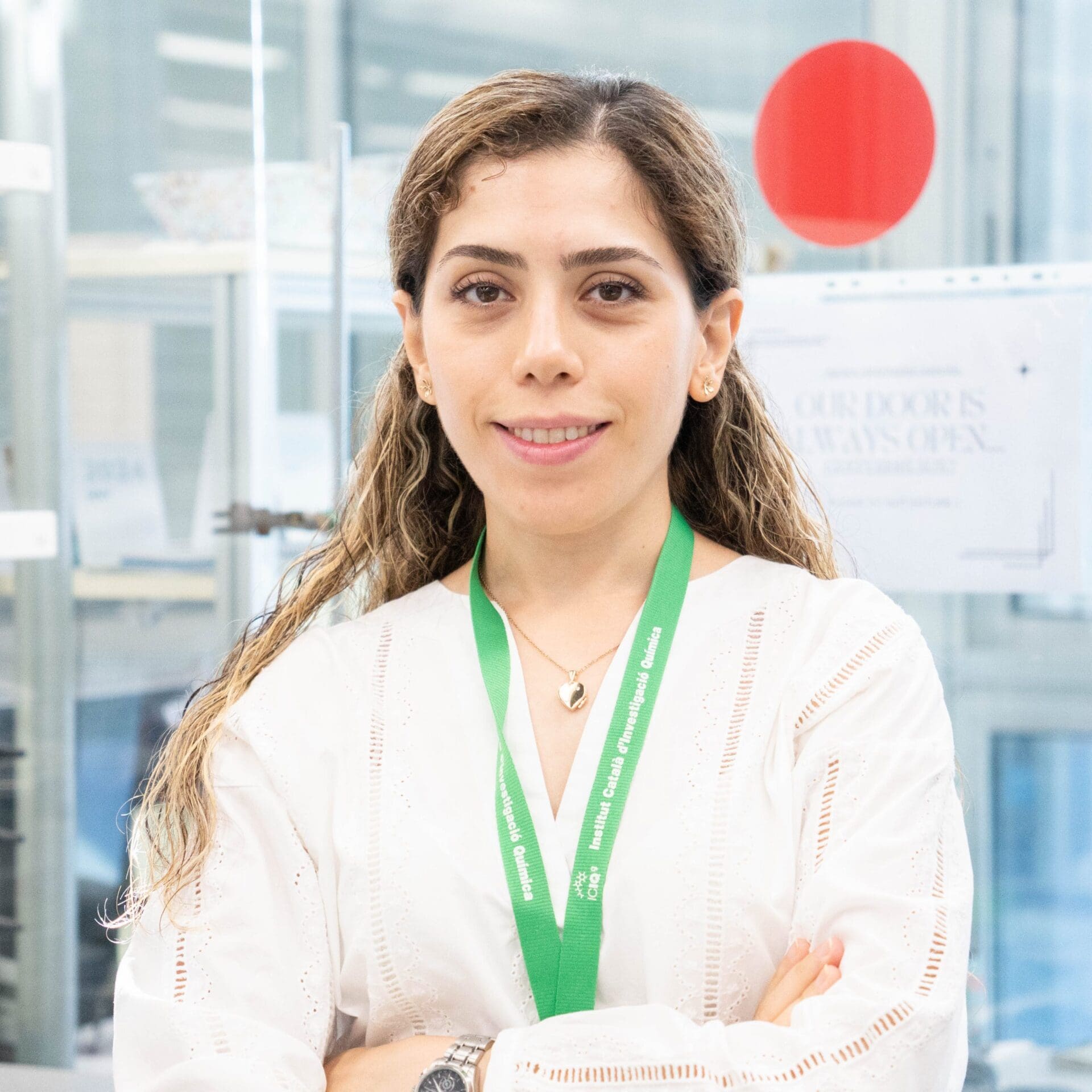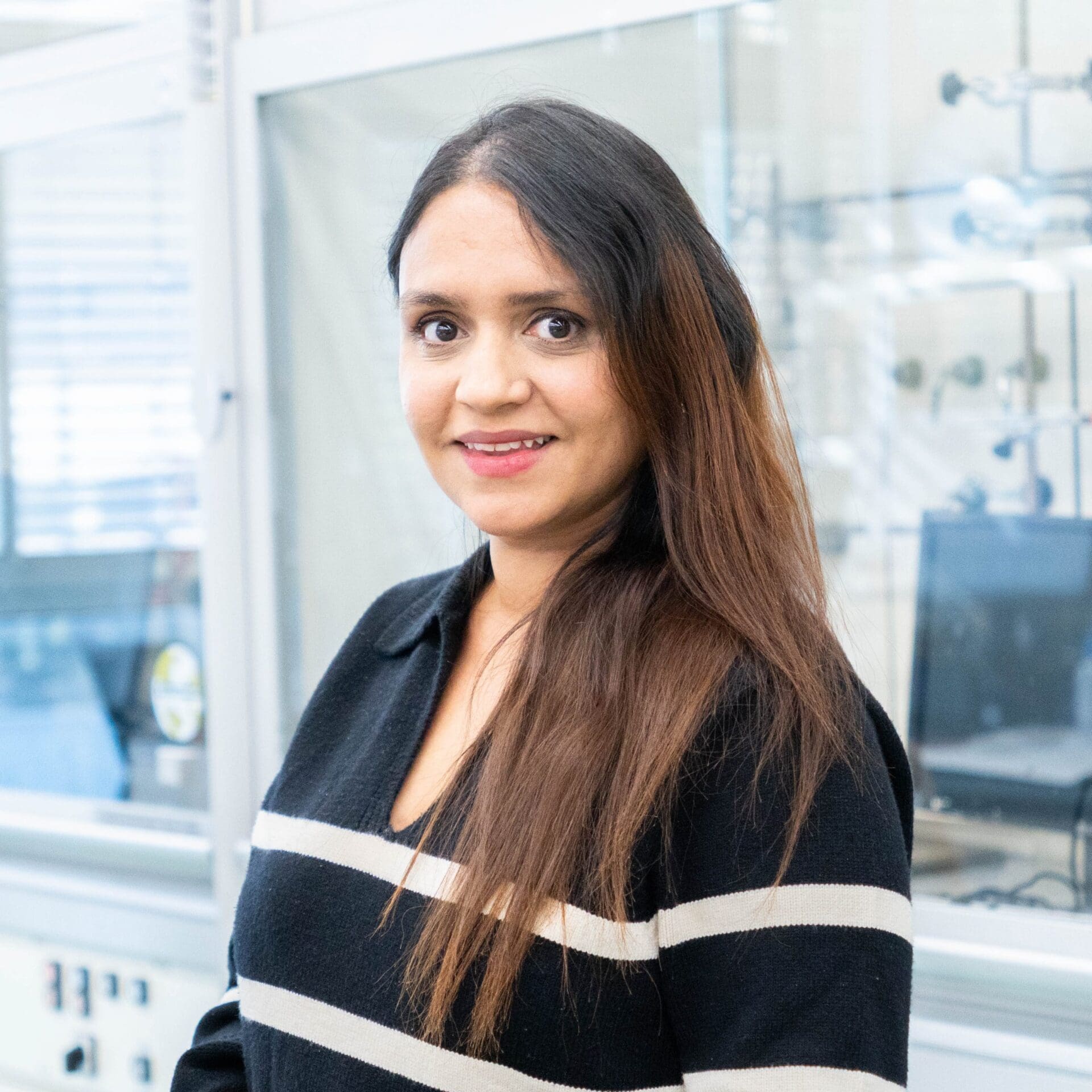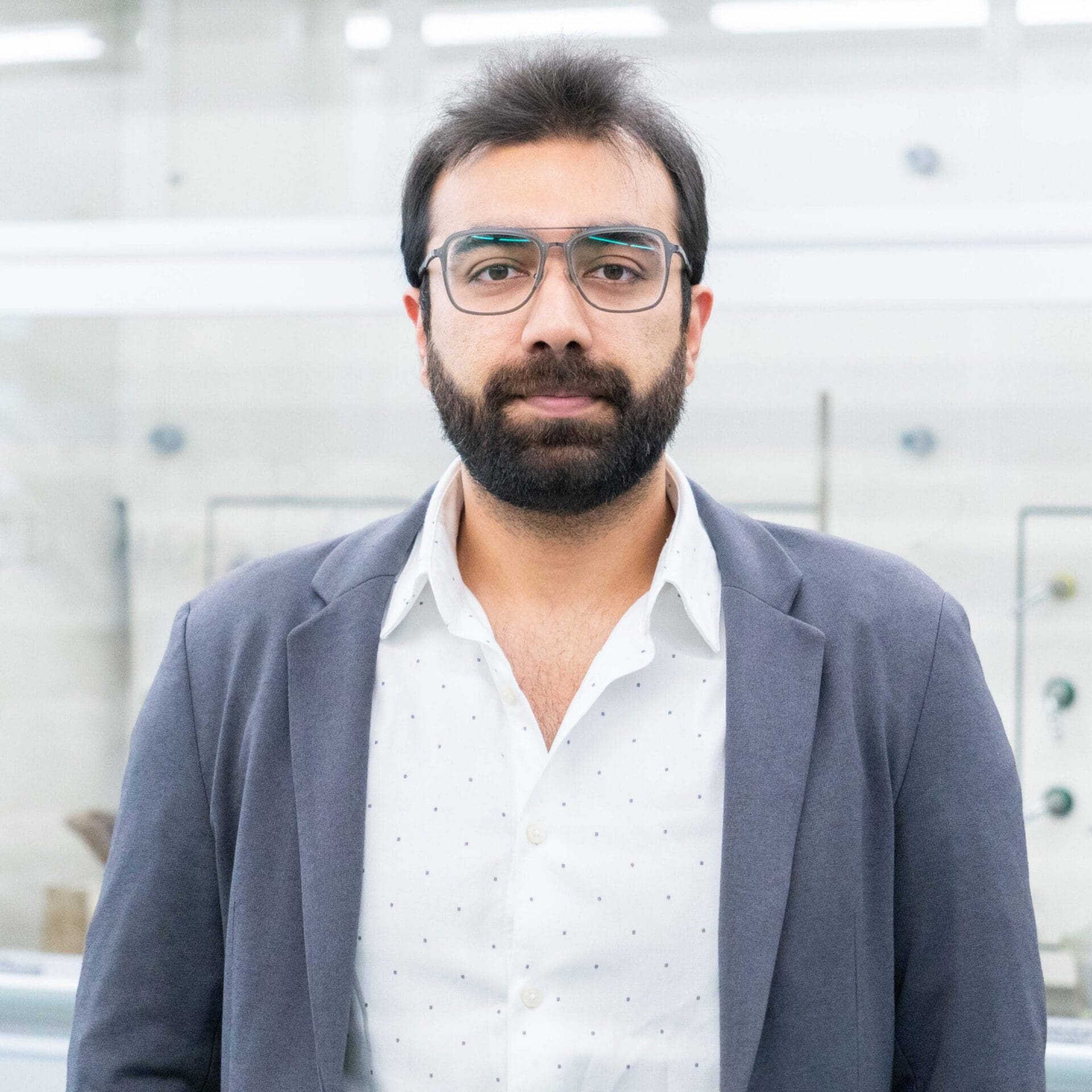Dr. Akash Bachhuka
Project Researcher
Dr. Bachhuka was awarded Ph.D. in Material science and Engineering from the University of South Australia (UniSA) in 2016. During this time, his study focused on understanding the mechanisms underpinning cell-surface interactions. Following his Ph.D., he worked as a postdoctoral researcher at the University of Adelaide’s ARC Centre of Excellence for Nanoscale BioPhotonics (CNBP), where he developed microstructured optical fiber-based chemical sensors and biosensors. As an emerging research leader, he has published more than 40 research papers and book chapters. In 2020, he was awarded the prestigious “Juan de la Cierva incorporation” fellowship and was ranked 6th in Materials Science and Engineering in Spain. More recently, in 2022, he was awarded the Beatriu de Pinos (BP21) fellowship and was ranked among the Top 10 researchers in Engineering, Technology, and Architecture in Catalunya, Spain. His multidisciplinary research focuses on nanoengineered surfaces for a variety of applications, including medical implants, biosensors, and chemical sensors; finally in 2023 he became a Ramon y Cajal researcher.
Dr. Bachhuka position is funded by the MCIN/AEI/10.13039/501100011033 and the FSE+. The reference of his grant is RYC2022-035783-I

- Area: Research
- Research Group/s: Prof. Beatriz Prieto-Simón
- Funding: Ramón y Cajal Fellowship | Akash Bachhuka
- Phone: +34 977 920 200 (ext. 254)
- E-mail: abachhuka@iciq.es
Other: Prof. Beatriz Prieto-Simón's staff:

Let's create a brighter future
Join our team to work with renowned researchers, tackle groundbreaking
projects and contribute to meaningful scientific advancements
